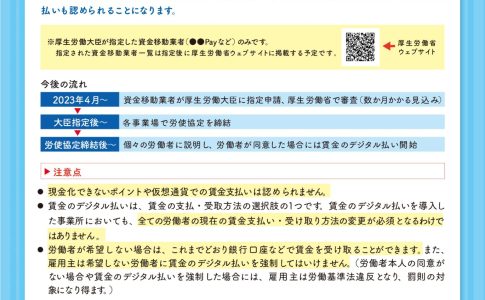The financial industry is experiencing a sense of déjà vu reminiscent of the structured bond fiasco, as regional banks have come under scrutiny for the aggressive sale of structured bonds around 2020. The Financial Services Agency (FSA) of Japan issued business improvement orders to Chiba Bank, Chibagin Securities, and Musashino Bank in June last year, for practices that did not align with customer attributes or investment objectives. Despite the lucrative commissions from structured bonds, a shift in focus by the FSA towards the complex and high-risk nature of these products has led many banks to cease their sale.
In the wake of structured bonds becoming a less viable option, financial institutions turned their attention to “single-premium foreign currency-denominated insurance” as an alternative revenue stream. In an environment where commissions on financial products are generally declining, these foreign currency insurance products have maintained high commission rates of 5-10%, standing out starkly against the near-zero commission investment trusts or the 2-3% commission yen-denominated insurance policies.
The FSA’s monitoring results revealed in June last year showed regional banks setting significantly higher performance evaluation points for sales of foreign currency-denominated insurance compared to yen-denominated insurance, encouraging employees to aggressively sell these products.
As the FSA continues to monitor the sale of inappropriate foreign currency-denominated insurance products, several issues have already come to light. For example, these products are often sold as “investment products” without adequate disclosure of information, hiding behind the guise of insurance. A senior executive from a regional bank admitted that comparing these insurance products with investment trusts would clearly expose the high costs associated with the former.
The reality of returns on these products is also concerning. According to the FSA’s “Customer Ratio by Evaluation of Foreign Currency Insurance Investments” as of March 2023, only 44.7% of contracts had positive returns, indicating that more than half of the customers owning these high-cost products have incurred losses. The potential for worsening exchange rate risks exacerbates these concerns.
Additionally, issues with “target achievement type insurance,” which automatically secures profits and shifts to yen-denominated investments upon reaching a certain profit target, have led to early cancellations by customers, disrupting their insurance coverage intended for protection.
Financial institutions, sensing the FSA’s stance, have begun to halt sales, scale back offerings, or exercise caution similar to their approach with structured bonds. For instance, Sumitomo Mitsui Trust Bank will stop selling foreign currency-denominated target achievement type insurance by spring 2024. Eighty-two Bank in Nagano Prefecture and Kagoshima Bank have also restrained from selling or promoting these insurance products, respectively. However, there remains a high potential for the FSA to uncover improper sales practices in its monitoring, potentially leading to regulatory sanctions against financial institutions once again.
The FSA is also critically viewing the role of life insurance companies, which should oversee the education, management, and guidance of insurance sellers but seem to have reversed their power dynamics with sales companies. Life insurance companies should brace for possible stringent actions from the FSA, highlighting the ongoing challenges in ensuring appropriate sales practices within Japan’s financial sector.












Leave a Reply